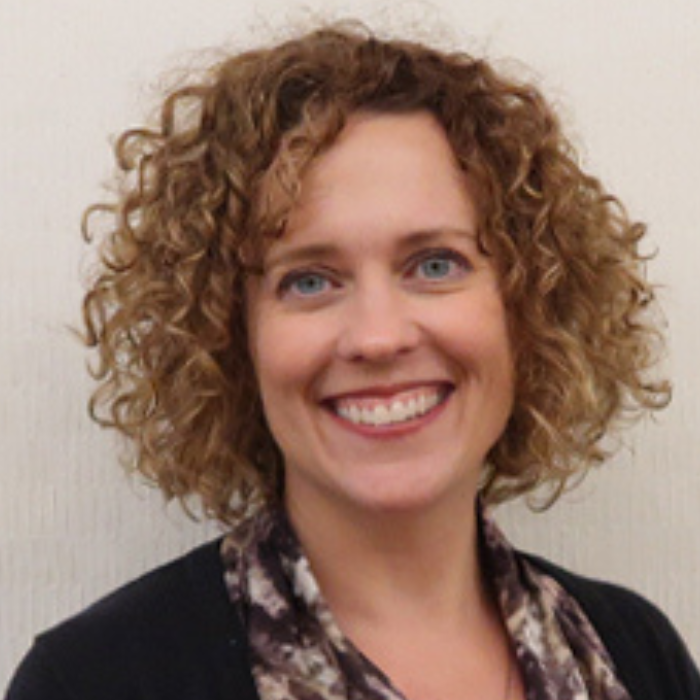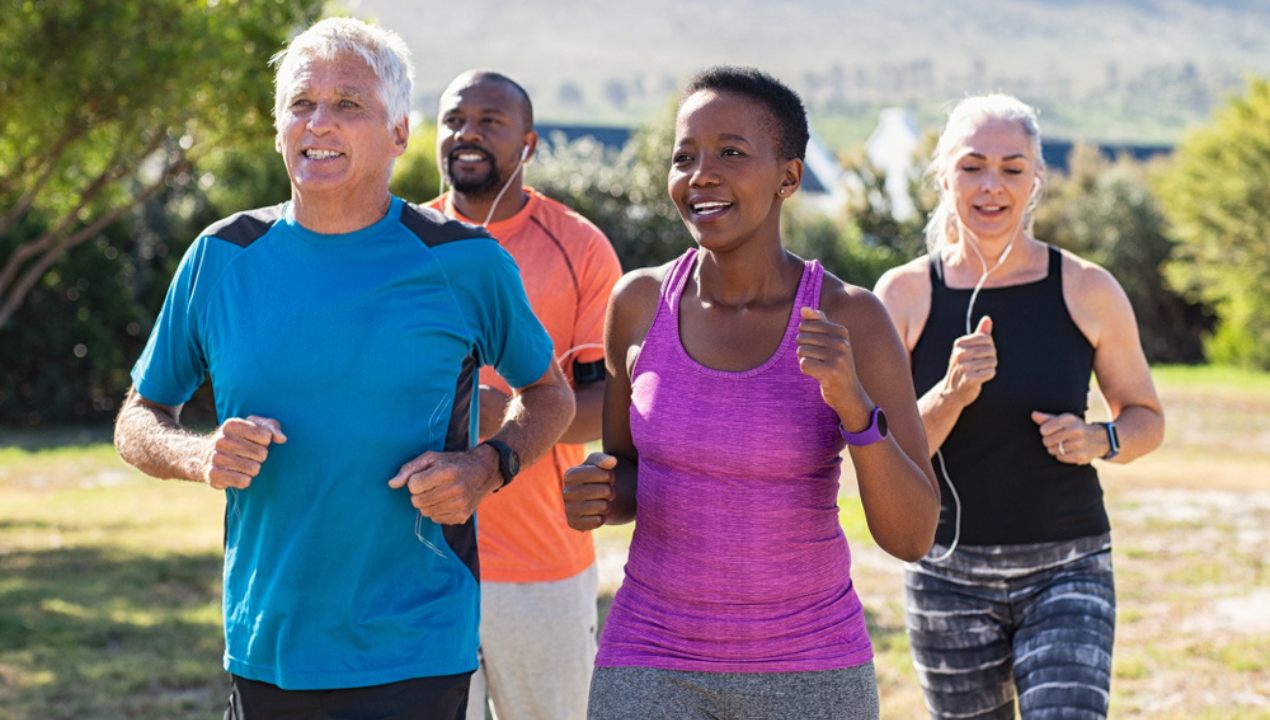2 min read
April Director Notes
The 2024 ADA Diabetes Guidelines: Critical yearly practice updates every clinician should read By: Terri Schmitt PhD, APRN, FNP-BC, FAANP Executive...
2 min read
 Terri Schmitt PhD, APRN, FNP-BC, FAANP, Executive Director, NPACE
:
Oct 1, 2024 4:51:47 PM
Terri Schmitt PhD, APRN, FNP-BC, FAANP, Executive Director, NPACE
:
Oct 1, 2024 4:51:47 PM

Seasonal Changes: Are you still moving?
By: Terri Schmitt PhD, APRN, FNP-BC, FAANP
Executive Director, NPACE
The shortening of days is upon us! Changes in temperature, length of sunlight, and sun exposure overall will alter for much of the U.S. Seasons changing means I observe a decrease in physical activity in many of my patients. This made me wonder about healthcare providers and nurses. How many of us slow down physical activity in fall and winter? Further, how many of us are exercising on the regular now? I know exhaustion, pain, and limited time/ space/ accommodations to safely exercise can impact movement.
We know the USDHHS recommendations of 30 minutes of moderate to vigorous exercise 5 days per week.1 However, one of the largest studies to date with over 100,000 participants found those who exercised at 3 to 4 times above this recommendation at a moderate or higher intensity level had the best life outcomes. Note, these were people who exercised outside of work and did not count their work physical activity. People who noted their job was active did not do as well. The bottom line is, just because you walk at work and feel like you are on your feet – does not help improve health outcomes.2.
If you are working 12 hours at a time, shift work, or don’t want to go to the gym due to time or fear, here are some suggestions.
Moving helps us all and can help improve sleep, mood, calm anxiety, improve metabolism and endocrine hormone balances, decrease inflammation and it just makes you feel good!
NPACE wants to help! Check out our YouTube channel and join us for some non-threatening yoga and stretching. Or better yet, join us on site in November in Dana Point California and get in some wellness and activity in a warm location.
Post and tell us how you are moving throughout winter on our social media. Finally, tell us how you stay motivated and how you motivate patients to move throughout winter.
References
2 min read
The 2024 ADA Diabetes Guidelines: Critical yearly practice updates every clinician should read By: Terri Schmitt PhD, APRN, FNP-BC, FAANP Executive...
2 min read
Impacting Local Community HealthBy: Terri Schmitt PhD, APRN, FNP-BC, FAANPExecutive Director, NPACE When I think of U.S. healthcare...
1 min read
Do you need to do beach?By: Terri Schmitt PhD, APRN, FNP-BC, FAANPExecutive Director, NPACE Do you need to do beach? “What if...